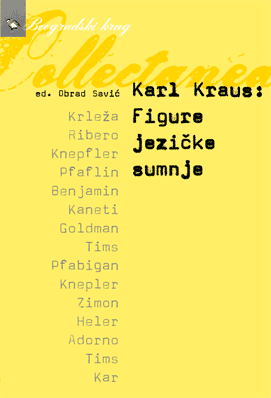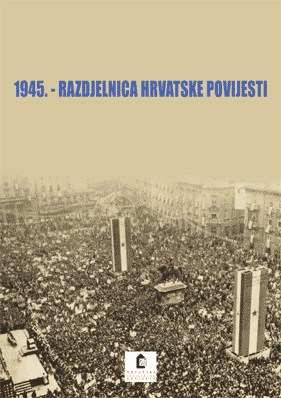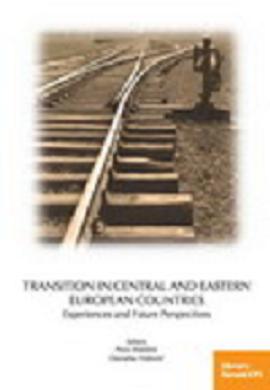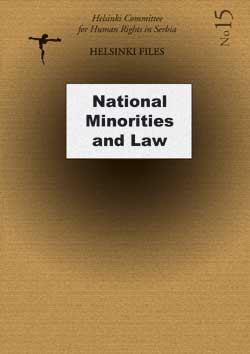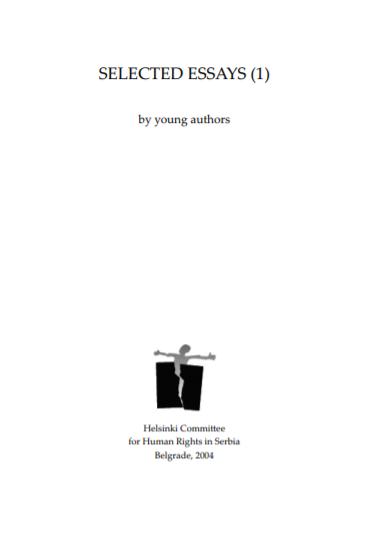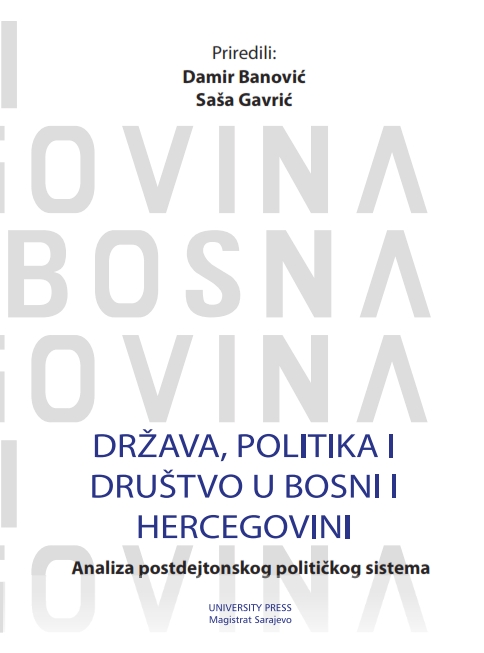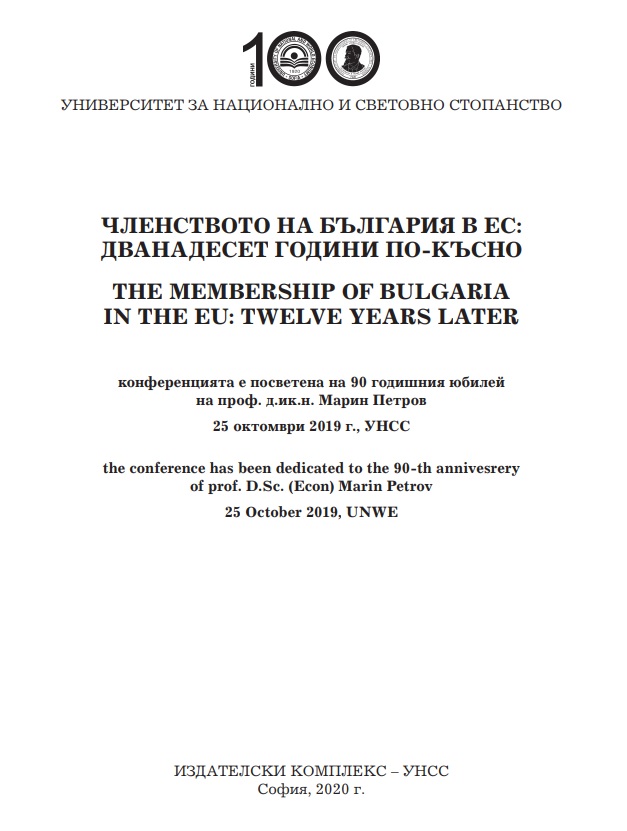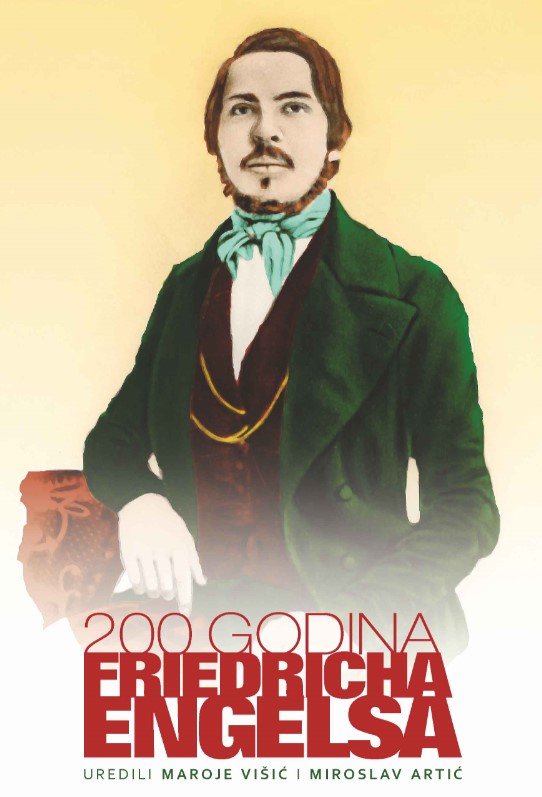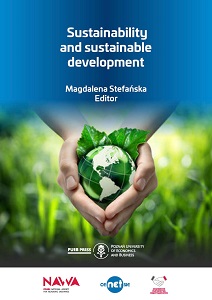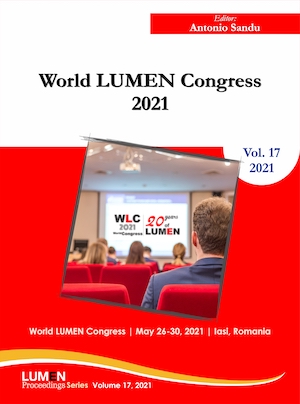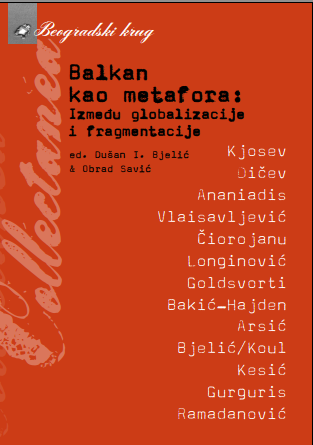
Balkanizam duha
Bilo je to ranih 1990ih, u Briselu, srcu Evropske unije. Tamo sam prvi put čuo izraz: »nacije evropske vokacije«. Vocation, calling, Beruf… nemačka reč je najizražajnija, a znači u isto vreme »vokacija« i »profesija«. Neke nacije su, prema tome, evropske po vokaciji (ukorenjenoj, valjda, ne u božijoj volji, kao što je slučaj sa Veberovim protestantima, nego u njihovoj istoriji); kod takvih nacija biti Evropljanin je neka vrsta profesije. A šta je sa drugim nacijama, koje s njima ne dele ovaj Beruf? I ko to odlučuije o tome ko ima a ko nema takav Beruf? Ali ono što me najviše intrigira jeste šta Beruf može da znači u ovim slučajevima.
More...
